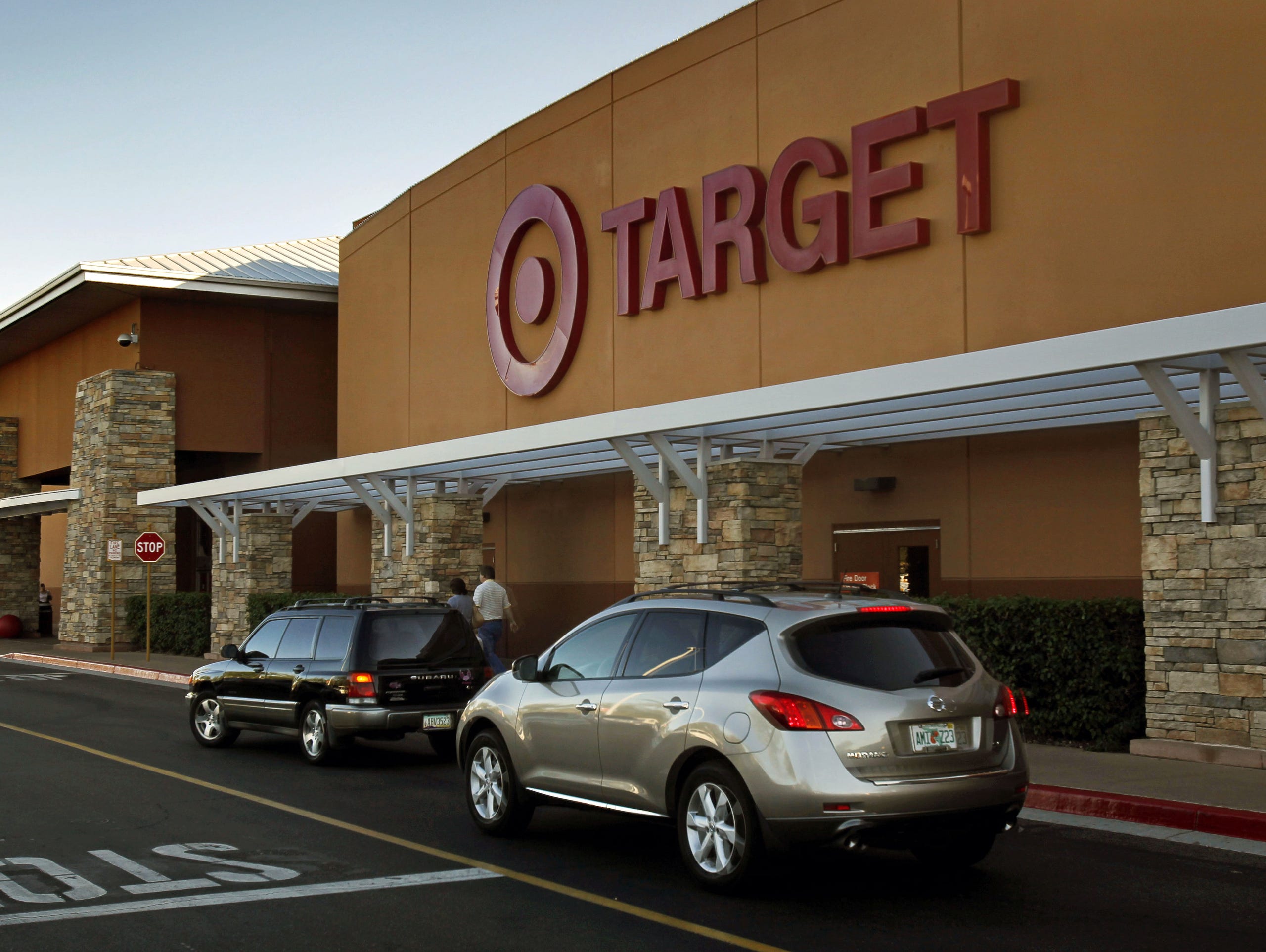Soon after President Donald Trump took office in late January, Target announced it would end programs related to diversity, equity, and inclusion.
Initiatives axed include a program aimed at increasing the representation of Black employees, as well as a commitment to source more products from Black-owned businesses. Target said it had already planned to end the programs, which it sets in three-year cycles.
Target is among over 30 major retailers that ended DEI programs after Trump issued an executive order requiring both the federal government and private companies to end "illegal DEI" efforts, although the difference between those and legal anti-discrimination efforts remains unclear.
Target has faced pushback from consumers upset with the DEI rollback. A national Target boycott in honor of Black History Month began Feb. 1, led by Minnesota activists. The ongoing Latino Freeze movement asks Latinos to stop spending money at Target and other major retailers that cut DEI. A 40-day boycott during Lent led by Black church leaders ended April 17.
As the protests against Target enter their third month, are they working? Here's what to know.
Are the Target boycotts working? Here's what Target said
The boycotts have damaged Target's reputation, which the company acknowledged in its most recent annual report.
Every publicly traded company is required to file an annual report on its financial performance with the Securities and Exchange Commission. Called Form 10-K, the report includes potential risks for investors. In Target's 10-K filing for fiscal year 2024, which ended in February, the company acknowledged the potential for boycotts to harm business.
"To be successful in the future, we must continue to preserve Target's reputation. Our reputation is largely based on perceptions," the document states.
The form goes on to acknowledge that Target "modified and concluded" certain of its DEI initiatives, leading to "adverse reactions" from some shareholders, customers, and employees.
"As a result, we may experience adverse perceptions of our business, consumer boycotts, litigation, investigations, and regulatory proceedings. Any of these outcomes could negatively impact our reputation, results of operations, and financial condition," the form states.
Target has not released a statement on the boycotts. Still, on April 17, CNBC reported that Target's CEO Brian Cornell will meet with civil rights leader Reverend Al Sharpton to discuss the company's stance on DEI.
Target's press office did not respond to a request for comment.
Has Target lost revenue from the DEI boycotts?
Target's sales data for February through April is not yet available. However, foot traffic, or the number of people entering Target stores, is a proxy for sales.
In February 2025, the first month of boycotts, Target's foot traffic was down 9.5%, according to Placer.ai. The week of March 31, Target's store traffic was down 7.9% compared to the previous year, Newsweek reported. In Arizona, foot traffic in March was down 7% compared to a year ago, according to Placer.ai.
Target's stock price is also down. On April 14, it hit the lowest point in five years at $94. At the end of January, the cost per share was $142.



